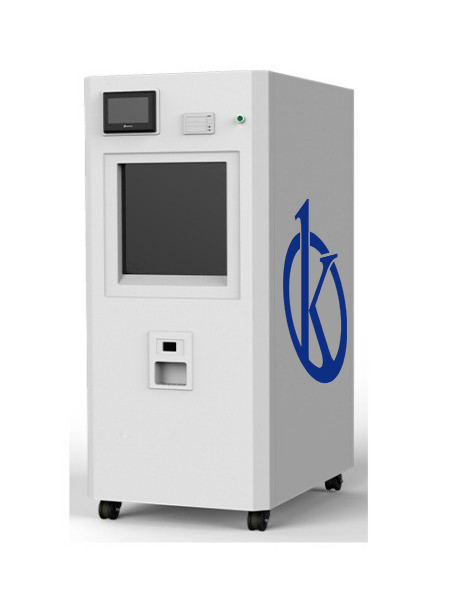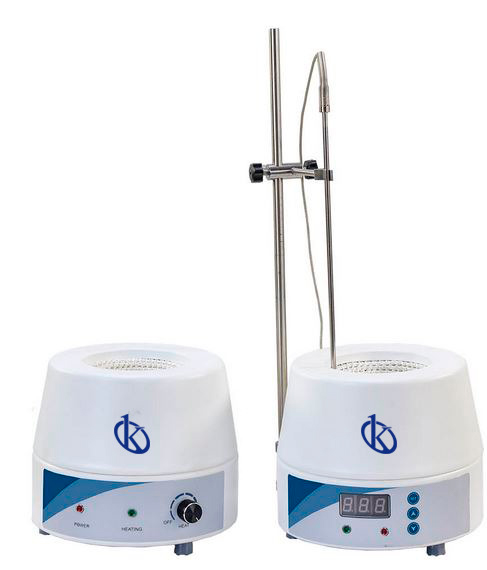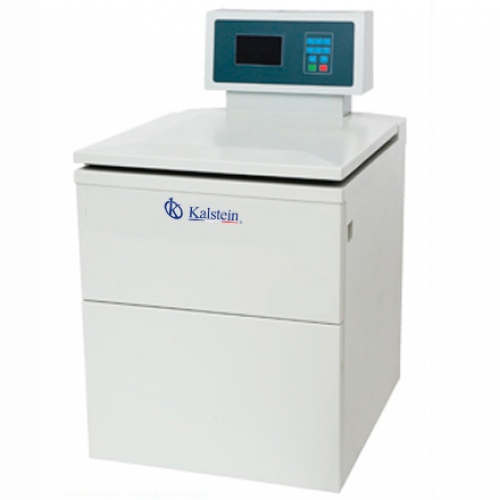Introduction to Reelin and Its Potential Benefits
Recent research from the University of Victoria has unveiled the potential of a glycoprotein known as reelin in treating both “leaky gut” and severe depression. Published in the journal Chronic Stress, the study highlights how reelin could play a crucial role in restoring gut integrity and alleviating symptoms of major depressive disorder (MDD).
The Gut-Brain Connection
The gastrointestinal system, often referred to as the “gut,” is responsible for controlling which nutrients enter the bloodstream. However, under conditions of chronic stress or stress-related disorders like MDD, the gut barrier can become more permeable, leading to what is commonly known as “leaky gut.” This condition allows harmful bacteria and toxins to enter the bloodstream, triggering immune responses and inflammation, which can exacerbate depression symptoms.
Reelin’s Role in Gut and Brain Health
Reelin is a protein found throughout the body, including the brain, blood, liver, and intestines. According to Hector Caruncho, a professor of medical sciences at UVic and the study’s corresponding author, reelin-based therapeutics could offer a novel approach to treating depression by targeting both the brain and the gut. The study aimed to explore reelin’s role in the gut, particularly under chronic stress conditions.
Research Findings
The study revealed that chronic stress reduces reelin levels in the intestines of preclinical models. However, a single injection of 3 µg of reelin was found to normalize these levels. Previous research has shown that individuals with MDD and rodents exposed to chronic stress have lower reelin levels in their brains. An intravenous injection of reelin has been demonstrated to produce antidepressant-like effects in these models and is essential for proper gut lining renewal.
Implications for Treating Depression and Gut Conditions
Ciara Halvorson, a neuroscience Ph.D. student at UVic and the study’s first author, emphasized the potential implications of these findings for managing MDD, particularly for individuals suffering from both depression and gastrointestinal issues. Under normal conditions, the gut lining renews every four to five days, a process crucial for protecting against damaging factors. If reelin supports this renewal, it may help prevent the worsening of depression symptoms triggered by inflammatory responses to leaked gut material.
Future Prospects
While further research is necessary before reelin can be used clinically, these findings position it as a promising treatment option that targets the gut-brain axis. This approach could offer a dual benefit by addressing both the physiological and psychological aspects of depression.
Conclusion
The study conducted by the University of Victoria provides a new perspective on treating depression and gut-related conditions. By focusing on the gut-brain connection and the role of reelin, researchers are paving the way for innovative therapeutic strategies that could significantly improve the quality of life for individuals affected by these disorders.
🔗 **Fuente:** https://medicalxpress.com/news/2025-10-glycoprotein-potential-leaky-gut-severe.html




